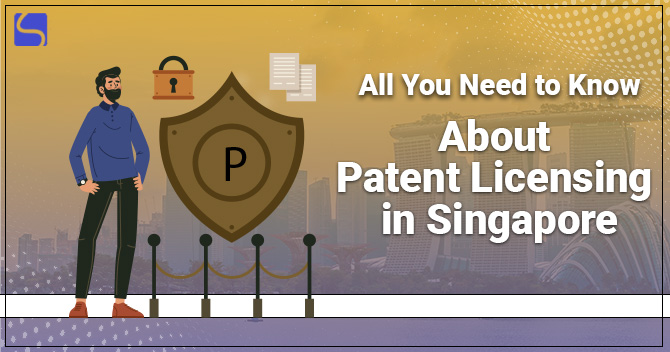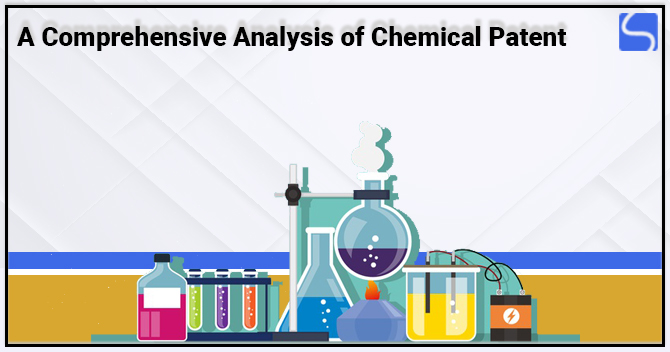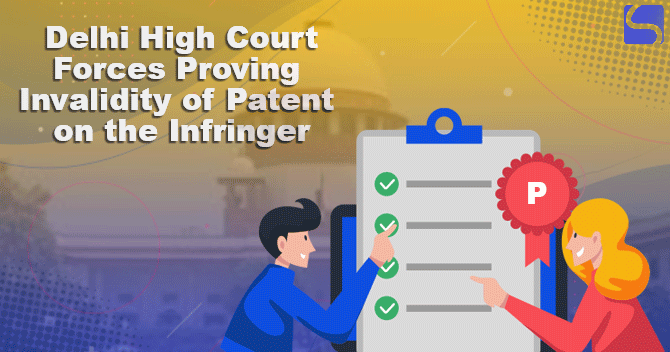All You Need to Know About Patent Licensing in Singapore

Karan Singh | Updated: Feb 08, 2022 | Category: Patent
In this blog, we are going to discuss the requirements, scope, and types of licenses for Patents in Singapore along with the precise provisions under the Patent and Civil Laws in Singapore since there is still no particular legislation to regulate & govern the same. Scroll down to check more about Patent Licensing in Singapore.
Table of Contents
What do you mean by Patent Licensing in Singapore?
A Patent is a right conferred for an invention, which is a product/item or a process that provides a new & unique technical solution to a problem or gives a new way of doing something in general. Technical details regarding the invention should be made available to the public in a Patent application to get a patent. In theory, the owner of the Patent has the right to prohibit/restrict others from commercialising the patented idea. In other terms, Patent Registration prevents others from using, making, selling, distributing, or importing the invention without the consent of the Patent owner.
Licensing is a process in which the owner of a product permits authorisation to another company to profit from the licensed product. Licensing IP means that the Licensor grants the licensee to use their assets in a particular way. To be more precise, the owner keeps an interest in the licensed property, i.e., the benefits from the transfer of their Intellectual Property while maintaining control, as opposed to assigning Intellectual Property, in which the owner of Intellectual Property transfers all of their rights (ownership) to the assignee.
Thus the meaning of Patent Licensing in Singapore is that the owner of the Patent allows another entity to sell, use, or create their patented innovation. This happens under agreed terms & conditions, which are binding on parties, for a particular purpose, in a particular area, and for a specific time. The licensing agreement includes provisions concerning the determination of the amount payment mode to be made by the licensee to the Licensor.
The freedoms of the licensee in terms of alteration, transfer, sub-licensing, and so on are limited; the licensor benefits because they restrain control over the right in return for royalties. Moreover, it increases the likelihood of realising the full earning potential of the Intellectual Property (IP[1]) because the penalties of an improper property valuation are avoided.
Why is it necessary to license an invention by a Patent owner?
A Patent owner can license their invention for various reasons, comprising a lack of manufacturing facilities or funds, so they issue a license to a 3rd party to market, make & distribute their patented invention in exchange for a royalty. Otherwise, the patented innovation’s owner may have a limited manufacturing facility that is unable to meet customer demand, so they may license another party to sell & manufacture their product, generating a new income source for them. It is possible that the business of the Patent owner is limited to a specific geographical location, and the owner wants to expand it.
Patent Licensing in Singapore
- Exclusive License & Rights of Licensee: Section 2(1) of the Act permits for licensing whereby a licensee is issued a license to the exclusion of others, comprising the Licensor himself. Licensees have the same rights & remedies as the right owner. Such a licensee has rights that are simultaneous with those of the right owner, and both parties have the same rights & remedies; as an outcome, any one of the two parties may initiate a violation action in court, jointly or individually.
- Implied License: The policy of implied licensing is based on the implication that a license for an IPR is created when a patented product or item is sold unconditionally. Unless otherwise agreed upon in written terms during the sale, this license would grant the purchase of the product the rights to use, import or export, maintain, resale, and so on. This changes from the American approach of rights exhaustion, in which the owner’s Patent rights expire with the initial sale, leaving the owner without recourse against contract terms & Patent claims.
- Written or Oral Contract: It’s usually a necessity that a license is in writing to be effective for registered IPR. But, a license doesn’t have to be entered in any format under the Patents Act. An oral license must be enforceable, just like in the UK. Section 6(e) of the Civil Law Act gives that licenses that are not executed within one year of the agreement should be in writing & signed for them to be effective.
- Registration: Licenses are registrable when they involve registrable IPR. A registrable license is unproductive against an individual who acquires a differing interest in the right in ignorance of the license until a registration application of the stated particulars of the license is made.
- Revocation: A bare license may be cancelled at any time, or at least with enough notice if authorisation is issued without any contractual thought. If the license is contractual, the revocation terms, as laid down in the contract, should be followed. Revocation is a violation of the contract if there is no express/implied right of revocation.
The law remedy for mistaken revocation is damaged for violation of a contract; however, if there has already been a supposed revocation, equity will forbid the Licensor from cancelling or treating the licensee as a violator. But, in instances of licensing where contractual considerations are not present, the previous remedies don’t apply. In these instances, the license can be cancelled at any time.
Conclusion
After discussing Patent Licensing in Singapore, it is concluded that, when licensing the Patent, the Licensor will not have to worry about increasing funds to promote their product because the licensee will cover the costs of distribution, sales, production, marketing, and packaging, among other things. The innovation of the Licensor is marketed faster when he or she licenses it to a well-known company since he or she will be able to gain the benefits from their engagement, knowledge, and infrastructure, which will be most perfect able to get the product into the market more easily.
Read our Article:How Can You File an International Patent Application?














